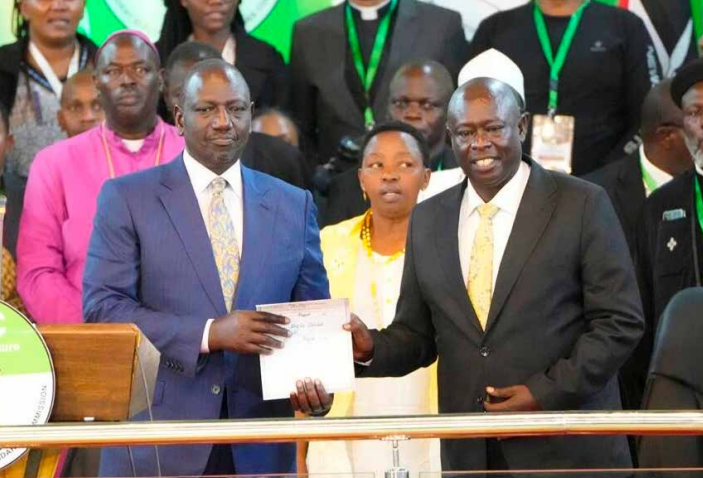After the hard work to woo Kenyans, the harder work to deliver begins

William Ruto this week took to his new status with authority and political wiliness.
In his first meeting with elected leaders and representatives from his coalition, he made assurances on the freedom of expression and association and sought to bring everybody together.
Dr Ruto also started work on building the alliances he needs if he is to succeed in a delicately balanced Parliament where his opponents have more absolute numbers in the National Assembly while he has more in the Senate.
Because of how they were set up, the National Assembly ultimately has more responsibility than the Senate. The Assembly has the exclusive mandate to initiate all Bills that have to do with money, which means that the Budget has to be passed there first. This means that the President’s party needs to have sway over the official and the political structure of the House.
The official structure is the leadership, which starts with the Speaker, who is the chairperson of the Parliamentary Service Commission, and in the running of the daily agenda, the chairperson of the House Business Committee. The committee decides the business to be conducted every sitting day, which gives it the power to prioritise.
The political structure is the way committees are set up and run and how voting on the floor of the House goes. Kenya Kwanza has an apparent advantage here given that 10 Independent MPs and the United Democratic Movement (UDM) have elected to align with Kenya Kwanza.
With Members of Parliament likely to be sworn in by the end of August, both coalitions have their work cut out.
After the 13th Parliament is set up, the new President will have the opportunity to present his nominees to the Cabinet for vetting.
The Cabinet provides the winning coalition with the opportunity to set up the team to implement its vision, a combination of putting the right people in the right places and rewarding those who have worked for the victory.
Already, Musalia Mudavadi has designated himself Prime Cabinet Secretary, a position equivalent in power to the one held by Interior Cabinet Secretary Fred Matiang’i, who oversaw the delivery of crucial projects in the Kenyatta administration.
From the Cabinet, the new administration will likely need to overhaul the Principal Secretaries. The Public Service Commission has already prepared its proposals on how a ‘fit for purpose’ structure would look like.
All this is naturally dependent on whether the Deputy President’s team survives the petition Raila Odinga and the Azimio Coalition plan to file at the Supreme Court to challenge the result of the presidential election.
For now, though, the momentum is on Dr Ruto’s side.

